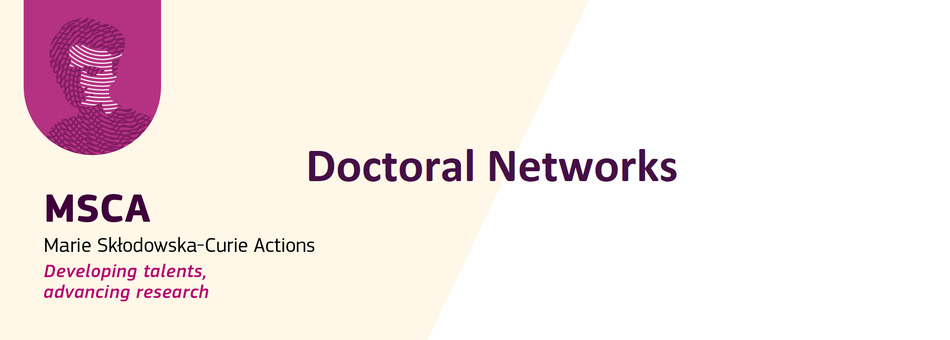Expected Outcome:
Project results are expected to contribute to all of the following expected outcomes:
- Increased awareness of approaches for the identification and categorisation of the vulnerability of existing and future buildings and infrastructures.
- Increased number of demonstrated innovative solutions to improve safety and resilience of the built environment, to extreme climatic events, and other natural disasters, as well as to altered conditions due to climate change.
- Increased use of relevant data such as weather forecasts or catastrophe warnings by monitoring and management systems in the built environment (e.g. to launch automatic emergency protocols to warn and protect buildings users).
- Improved understanding of new business models allowing to optimise the costs of resilience, taking into account asset management and lifecycle approaches.
- Increased awareness of building occupants and other key stakeholders on the available solutions in case of extreme climatic events, and natural disasters.
Scope:
Buildings should contribute to an integrated approach for a safe and healthy people-centric built environment at block, district and urban level. The built environment needs to be adapted, designed, and constructed for combating the effects of Global Warming (increased heat island effect, increased cooling demands, water scarcity, etc.) and for providing safety and resilience to adverse climatic events at a larger scale, whilst ensuring their connection and integration with energy, ICT and transport infrastructures.
Proposals are expected to address all of the following:
- Develop approaches and tools for the identification and categorisation of the vulnerability of existing, and future, buildings and built environment, where possible using and/or further developing existing vulnerability assessment methodologies.
- Develop innovative designs, materials and solutions to improve safety (e.g., fire safety) and resilience of the built environment to extreme climatic events (heat waves, floods, category 5 storms, etc.), and which may also be relevant in other natural disasters, such as earthquakes depending on the geographical location of the buildings.
- Ensure, if applicable, that the proposed solutions also improve accessibility for persons with disabilities, improve the local environment, and minimise any negative impacts on biodiversity, e.g. relying on nature-based solutions
- Where appropriate, ensure the proposed approaches and solutions address deep renovation, linking to relevant instruments for awareness and advice of building owners (e.g. renovation passports) in order to gradually adapt buildings to climate change in an adaptation pathways approach.
- Explore the use of relevant data, such as weather forecasts and / or catastrophe warnings, by monitoring and management systems in the built environment (e.g. to launch automatic emergency protocols to warn and protect buildings users).
- Investigate the potential of asset management and life cycle approaches to optimise costs of resilience (e.g. to climate and environmental factors).
- Ensure that the whole value chain from design over construction to end of life is covered.
- Demonstrate the solutions in at least two demonstrators, involving diverse building typologies, at block or district level and including where appropriate the connections to energy, ICT and transport infrastructures, in diverse geographical areas, with various local environmental, social, and economic conditions.
- Contribute to the activities of the Built4People partners and to the Built4People network of innovation clusters.
This topic requires the effective contribution of SSH disciplines and the involvement of SSH experts, institutions as well as the inclusion of relevant SSH expertise, in order to produce meaningful and significant effects enhancing the societal impact of the related research activities.
This topic implements the co-programmed European Partnership on ‘People-centric sustainable built environment’ (Built4People). As such, projects resulting from this topic will be expected to report on results to the European Partnership ‘People-centric sustainable built environment’ (Built4People) in support of the monitoring of its KPIs.





